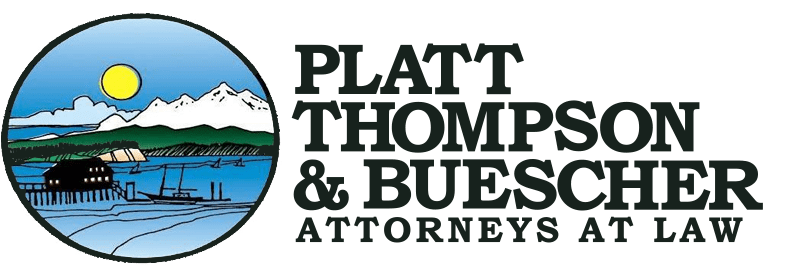Oak Harbor, Seattle, Whidbey Island Driving Under the Influence Defense Attorneys Confirm that DUI Checkpoints and Roadblocks are Unlawful in Washington State.
As Labor Day Weekend approaches media outlets continuously warn drivers that state troopers are on the crackdown. Television commercials, oftentimes sponsored by the National Highway Traffic Safety Administration (NHTSA), portray police officers wearing “urban camouflage” while lurking around every corner to investigate drunk driving. Many of these commercials reveal an ominous ending–the driver approaches a random roadblock which results in “the end of the road” for the intoxicated driver.
In many states, including Virginia and Indiana, random DUI checkpoints are lawful. In one article Sergeant Riley, an Indiana law enforcement officer, warns that “the DUI checkpoints and extra DUI patrols usually happen during the holiday season when there is a long weekend.” The article goes on to explain that law enforcement will focus their efforts on “high crash areas” and areas where increased DUI arrests occur.
Roadblocks are generally lawful. This is because the United States Supreme Court determined in Michigan Dept. of State Police v. Sitz that, although a DUI checkpoint constitutes a seizure within the meaning of the Fourth Amendment, “the balance of the State’s interest in preventing drunk driving, the extent to which this system can reasonably be said to advance that interest, and the degree of the intrusion upon individual motorists who are briefly stopped, weighs in favor of the state [DUI checkpoint] program.” As a result, at least with respect to the “floor” of protection afforded by the Fourth Amendment, DUI checkpoints are not unlawful. Therefore, many states have lawful DUI roadblocks. However, such checkpoints are unlawful in Washington state.
As stated again and again in previous blogs, Article I, Section 7 of the Washington State Constitution provides greater protection than the Fourth Amendment. In City of Seattle v. Mesiani, the Washington State Supreme Court faced the issue of whether the Seattle Police Department’s sobriety checkpoint program was constitutional. This checkpoint program resulted in police officers setting up roadblocks where all oncoming motorists were stopped when the police lacked warrants and any individualized suspicion of criminal activity. The City of Seattle argued that the state’s interest in the legal operation of vehicles outweighs any privacy interest under Article I, Section 7. Ultimately, the Washington State Supreme Court concluded that the City of Seattle’s position was without support and held that sobriety checkpoints violated Article I, Section 7.
Due to this, drivers in Seattle, Oak Harbor, and on Whidbey Island, do not need to fear being randomly stopped at a checkpoint. DUI roadblocks are simply unconstitutional in Washington. Nevertheless, although this is one of the many heightened protections against invasion of privacy that Washingtonians enjoy, drivers should continue to be responsible. The wise decision is to not drink and drive at all.
The DUI defense attorneys at Platt & Buescher are dedicated to providing individuals with passionate, results driven, and caring representation. If you have been charged with a DUI in Seattle, Oak Harbor, Skagit, Whatcom, or Island County, contact our office at to discuss your DUI.

